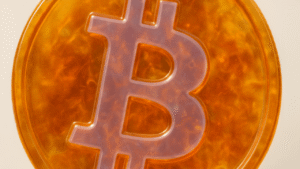The cost that someone is willing to pay for a security, asset, commodity, service, or contract is referred to as a bid price.
What Is A Bid Price?
The highest price that a buyer is willing to pay for a certain product or service is known as the bid price. It is the amount of money that buyers offer for an item, such as a commodity, security, or cryptocurrency, in the context of financial marketplaces.
A bid is usually lower than the offered price, also known as the “ask price’’, which is the price at which people are ready to sell. The bid-ask spread is calculated by subtracting the two values.
A trade order book has various bid prices on the buyer’s side and ask prices on the seller’s side. The highest bid price is always less than the minimum ask price, and the disparity is known as the bid-ask spread.
Market makers create bids for a security on a regular basis, and they may also create bids when a seller seeks a price at which they may sell. The spread reflects the difference between these two prices/values. Market makers (MMs) gain money from the spread. As a result, the wider the spread, the more revenue an investor generates.
When a bidder submits an offer even though the seller is not actively trying to sell, it is referred to as an unsolicited bid.
Bid prices are frequently set in order to elicit the desired response from the party submitting the bid. For example, if a buyer wants to pay $30 for an item and the asking price is $40, they can make a $20 offer and pretend to surrender by offering to meet halfway—exactly where they intended to be in the first place.
A bidding war occurs when many bidders compete for the same item and place bids one after the other. When a bidding war starts, buyers keep on placing higher bids in order to defeat the bids of competing buyers, causing the price for that item to rapidly rise.
For example, a company may establish a $10,000 asking price for a product. Bidder A may place a $7,000 bid. Bidder B may put up $8,500. Bidder A may reply with a bid of $9,000 and so on and so forth.
Cryptocurrencies are mostly sold at a lower than the ask price, but they are never higher. The buyer has complete control over the bid price, except when it is significantly out of line with market standards and requires a price adjustment.



